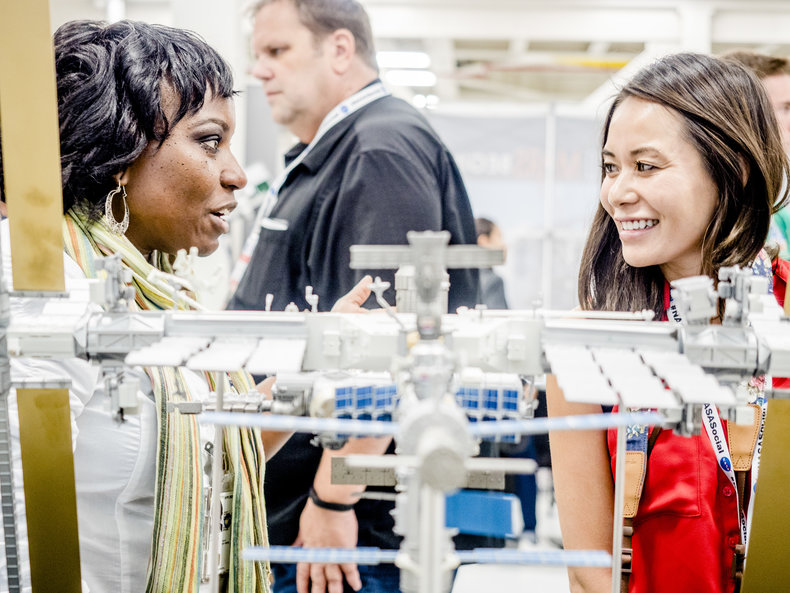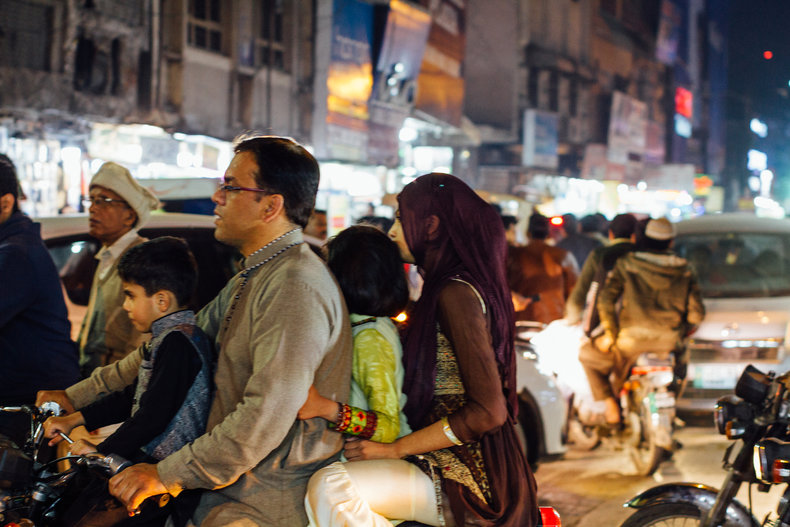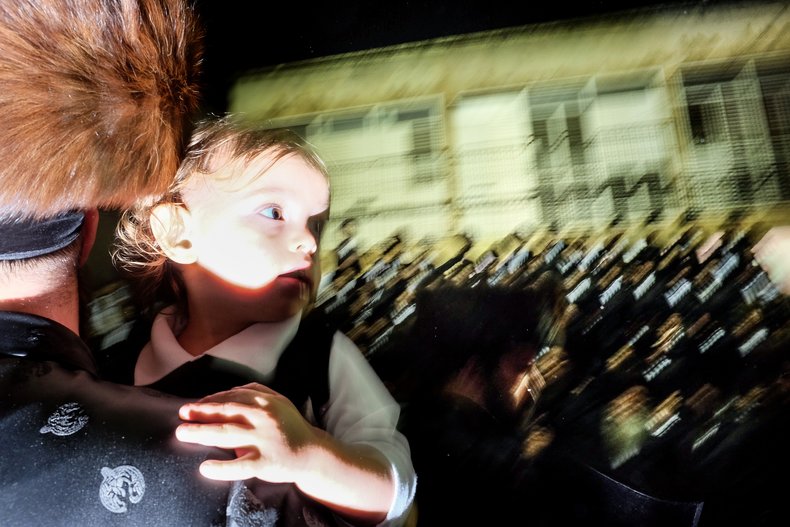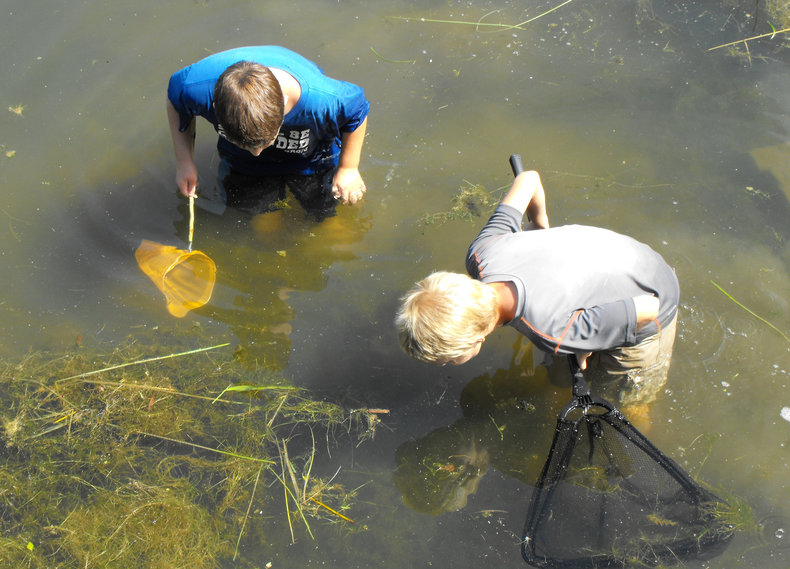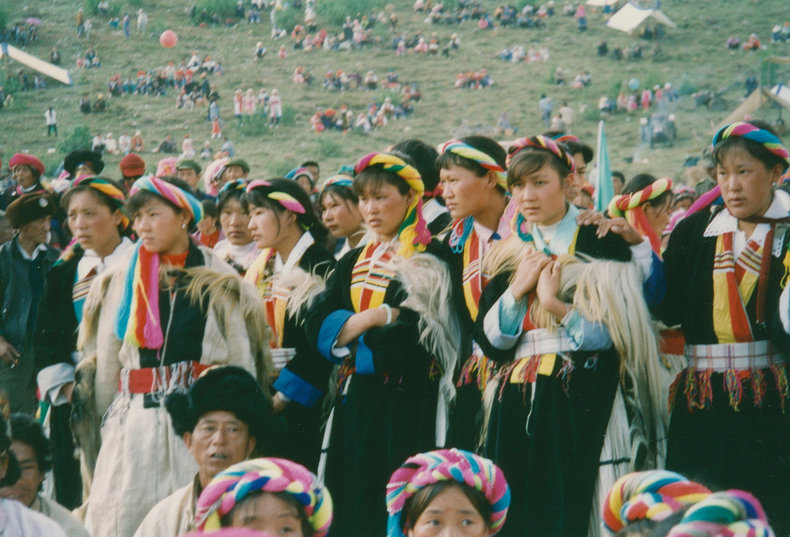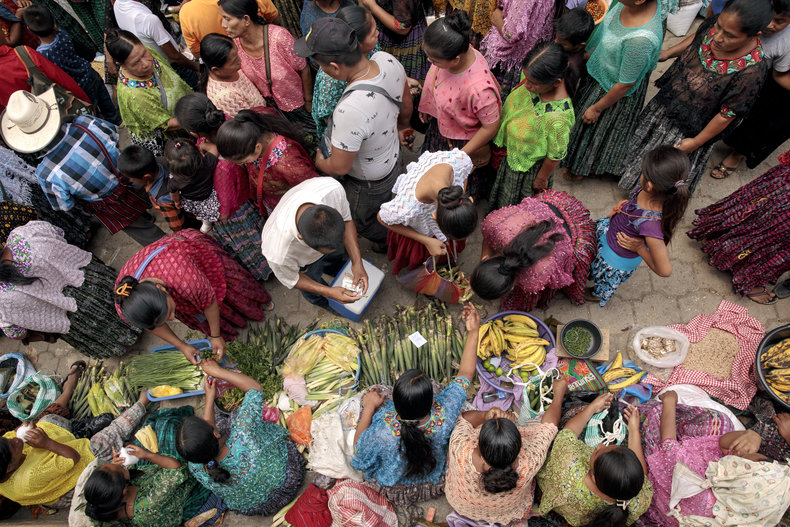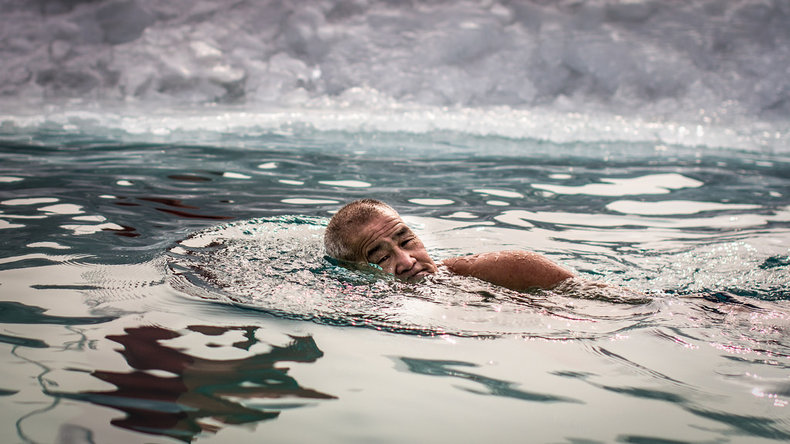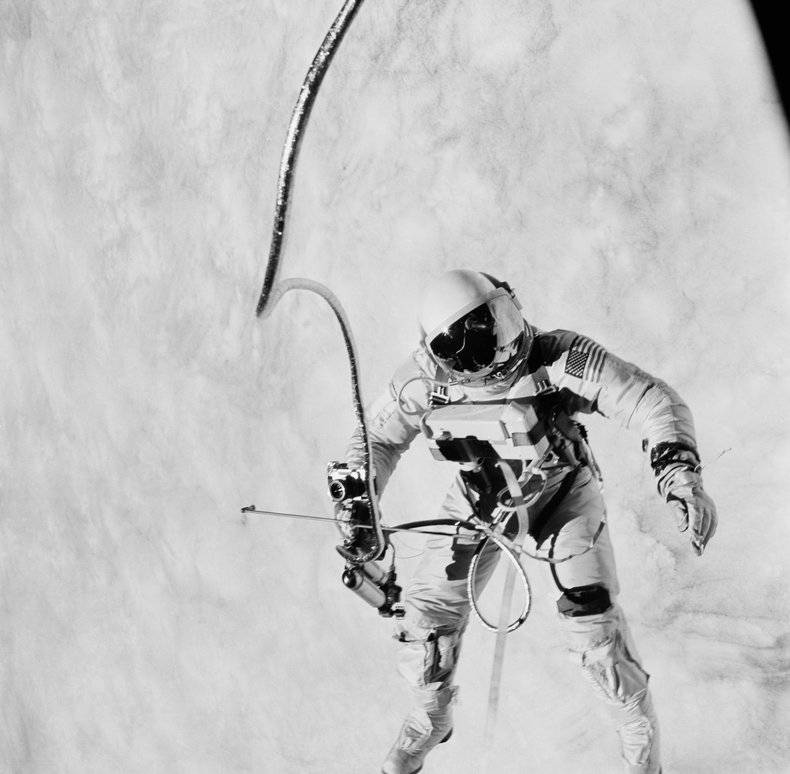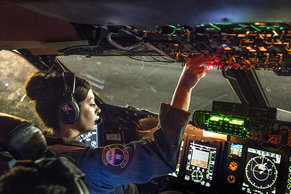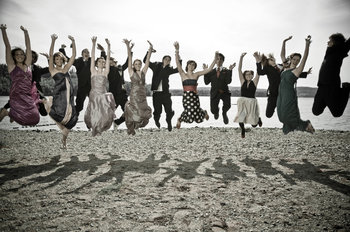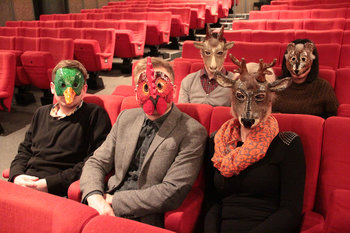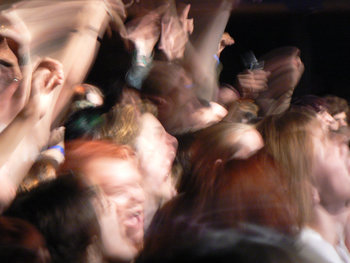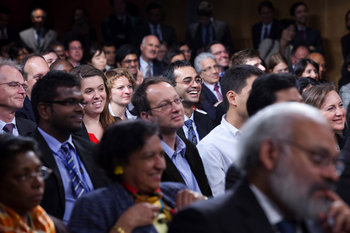|
| |
Humans are a species of highly intelligent mammal and primate that emerged out of Africa around 300,000 years ago. The following are common characteristics of humans.IntelligenceHumans demonstrate high levels of motivation and self-awareness and can perform complex cognitive tasks such as recognizing patterns, solving problems, applying first principles, learning, experimenting and developing knowledge. They commonly think in abstract concepts, apply reason, plan, calculate, design and create.
EmotionHumans have cognitive states known as emotions that color all thoughts at a point in time. These allow the same individual to switch into different modes of behavior as appropriate. Emotions are also considered a thrilling and valuable element of the human experience.Biases & FallaciesHumans are highly intelligent but are also highly fallible. They commonly suffer from biases, mistakes and shortfalls of thinking that result in fallacies.
TechnologyHumans develop and build tools, clothing, buildings, infrastructure and automation. They are relatively helpless without these technologies and grow dependent on them. Humans ponder the nature of the universe to form foundational beliefs and knowledge. These beliefs are commonly institutionalized as religions or the foundational principles of a nation, organization or field.LanguageHumans can think and communicate with languages. Each language includes a large number of words and many of these represent concepts that have no specific tangible manifestation. As such, humans understand abstract concepts such as love or freedom and can think and communicate in abstractions.SocietiesHumans cooperate as extremely large groups. They commonly organize into complex structures and systems known as societies. Social BehaviorHumans demonstrate a broad range of complex social behaviors and enjoy engaging each other in friendship, romance, family, business, competition and adversarial relationships. Humans commonly seek respect from other humans known as social status.PoliticsAs humans cooperate, they require a contentious process known as politics to decide how to move forward as one.War & ConflictGenerally speaking, humans try to get along and to live in peace but this process can break down resulting in conflict and war. War is often more than a breakdown in cooperation and can result from imperialistic ambitions. Both war and conflict are a persistent feature of human history.FamilyHumans commonly demonstrate bonding, cooperation and trust with blood relations such as grandparents, parents and children. They also commonly form devoted romantic partnerships and marry to found new families. Human families can include members not related by birth such as adopted children.Childhood The childhood of humans is longer than the entire lifespan of many other species. This varies greatly by historical period and culture but humans commonly take several decades to reach full adulthood. PlayPlay is any free spirited activity that has no serious goals. Humans commonly spend much time playing and this appears to benefit childhood development and the happiness and productivity of adults.LearningHumans learn and can acquire new talents and knowledge at any age. Childhood is a formative period where learning is generally more profound and efficient. Humans document knowledge and learn with language and structured lessons. It is also common for people to learn from any element of the human experience. For example, humans may view failures as a type of learning.ImaginationHumans dream when they sleep and have a significant capacity for imagining things that differ from reality. They enjoy products of the imagination such as art, fiction, myth and film. Humans also have the capacity to make things they imagine a reality. As such, imagination is the root of creativity and invention.CultureHumans developed creative expression, shared meaning and norms known as culture. Culture emerges with shared experiences at various levels such as a national culture, traditional culture, super culture and subculture.HeritageHeritage is value that humans pass down from the past across generations. This includes priceless intangible value such as traditions, stories, symbols, culture and knowledge. CompetitionGenerally speaking, humans are fiercely competitive. They easily outcompete other species but compete amongst each other for resources and status. It is also common for humans to compete simply for the joy or challenge of it.MigrationMigration of human populations is a persistent feature of history. Humans explore, settle, trade and travel. The following are estimates for the settlement of major regions by humans.| Continent or Area | Settled (years in the past) | | Africa | 300,000 | | Europe (Greece) | 210,000 | | Middle East (Israel) | 194,000 | | Asia | 50,000 | | Australia | 50,000 | | Europe (All) | 40,000 | | Americas | 20,000 | | Greenland | 4,000 | | Polynesia | 2,000 | | Antarctica | 45 |
EconomyHumans produce goods and services and engage in trade. Generally speaking, they are industrious and productive with a strong will to thrive, grow and improve their quality of life. This can have unintended consequences such as economic bads. Human NeedsHumans have a large number of basic needs such as clean air, water, food, clothing, housing, education, healthcare, safety and security. These needs are met by economies and societies. Where these systems fail to thrive needs can go unmet resulting in human suffering.Late EvolutionLife on Earth emerged around 3.8 billion years ago. If this time were a 24 hour day, humans would have arrived in the last 7 seconds before midnight. The following are comparisons with older species.| Species | Earliest Fossil Record | | Human | 300,000 years | | First Primates | 55,000,000 years | | Hippopotamus | 55,000,000 years | | Sharks | 100,000,000 years | | Sea Turtle | 110,000,000 years | | First Mammals | 178,000,000 years | | First Life | 3,800,000,000 years |
Human ConditionHumans have a broad number of joys and problems that are collectively known as the human condition. For example, humans suffer from weakness, disease and are mortal. Humans also appear to be inherently fallible such that mistakes and disappointments are near universal elements of the human condition. Positive elements of the human condition include an incredible capacity for joy, freedom, curiosity, wonder, altruism and experience.Adaptability & ResilienceHumans can adapt to any climate and virtually any difficulty. Failures and hardships can make them stronger with a process known as resilience.DiscoveryAs a species, humans take risks, explore, experiment, discover and rapidly advance. They currently have the capacity to boldly expand this exploration beyond the planet Earth.NotesFossil record estimates are for modern sharks and turtles not older species that are long extinct. The characteristics above are examples and aren't complete.
Humans
This is the complete list of articles we have written about humans.
If you enjoyed this page, please consider bookmarking Simplicable.
A list of human senses.
TrendingThe most popular articles on Simplicable in the past day.
Recent posts or updates on Simplicable.
Site Map
© 2010-2023 Simplicable. All Rights Reserved. Reproduction of materials found on this site, in any form, without explicit permission is prohibited.
View credits & copyrights or citation information for this page.
|






